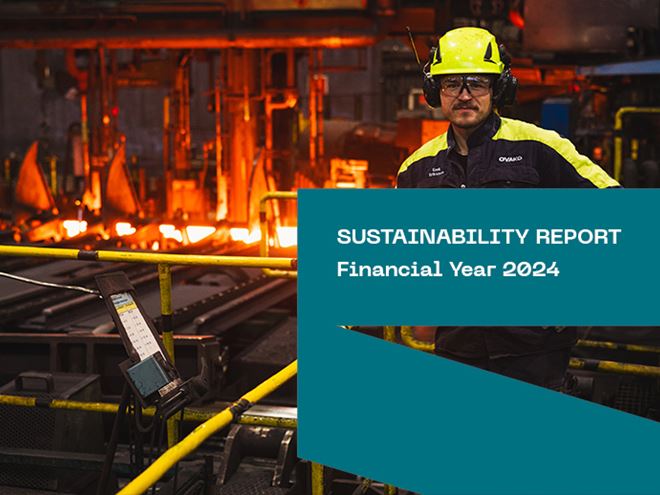
Sustainability reports
Ovako Sustainability Reports describe our approach and progress of our most essential sustainable aspects in environmental, societal and business ethics areas.
The reports are prepared for the group consisting of Ovako Group AB
(org no 556813-5379) and its subsidiaries (and since FY2021 been subject to third-party review).
Sustainability report FY2023 pdf Sustainability report FY2022 pdf
Sustainability report FY2021 pdf Sustainability report 2020 pdf
Sustainability report 2019 pdf Sustainability report 2018 pdf
Circular economy
Enhanced steel circularity driven by Ovako initiatives
- Actively pursue projects to reduce or eliminate concerns related to increasing levels of copper in scrap.
Contribute to the circular economy
- Reuse or recycle at least 90 % of residual products from production.
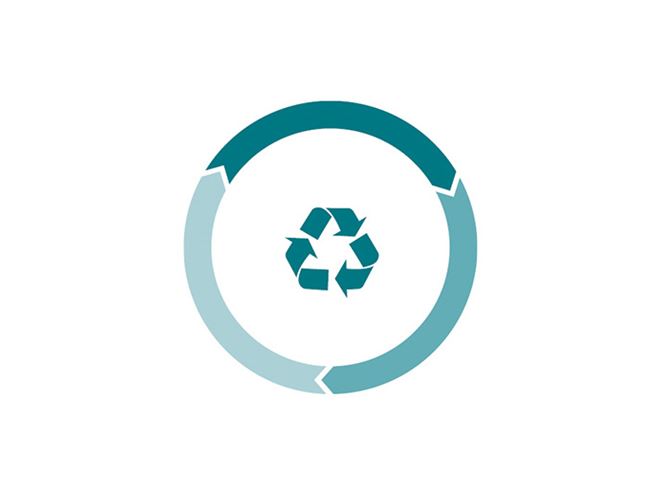
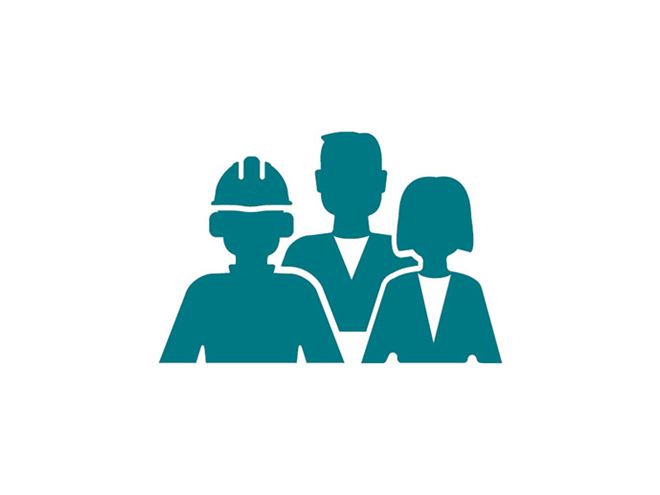
Employees, health and safety
Safety
Zero accident and occupational illnesses workplace
- Lost Time Injury Frequency Rate (LTIFR) below 2 by the end of 2023.
Diversity
The right competence at the right place with people that reflects the societies where we are located
- 23 % women in total workforce and 25 % women in manager positions end of 2025.
- Long term target of minimum 40 % women in total workforce and manager positions.
Business ethics
Anti-corruption
Zero confirmed incidents of corruption and bribes from external and internal sources
- Relevant employees must have knowledge of anti-corruption and bribery and must be trained through Ovako's internal training program.
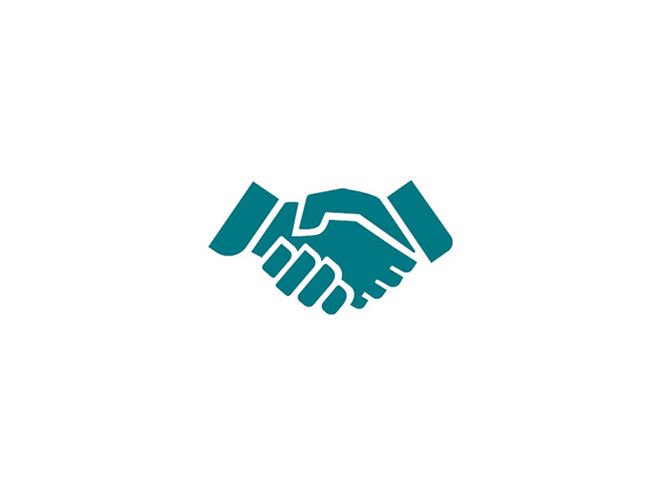
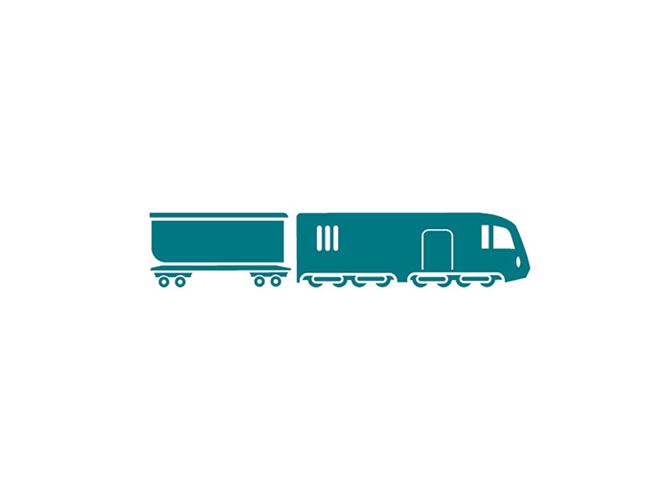
Suppliers
Actively work with our suppliers to secure sustainability and climate improvements
- Ovako’s Code of Conduct included in all procurement agreements.
- Classify and evaluate the suppliers with the highest impact with the aim to reduce the Co2e footprint from suppliers with 20 % to 2030.